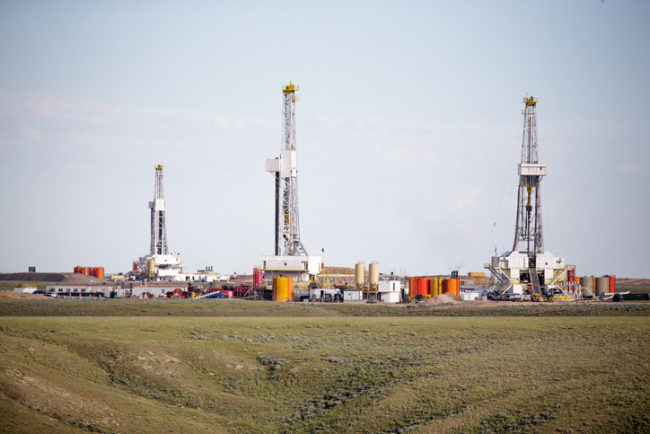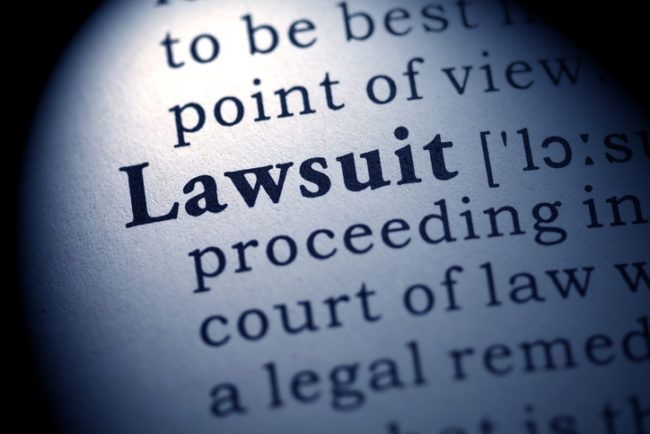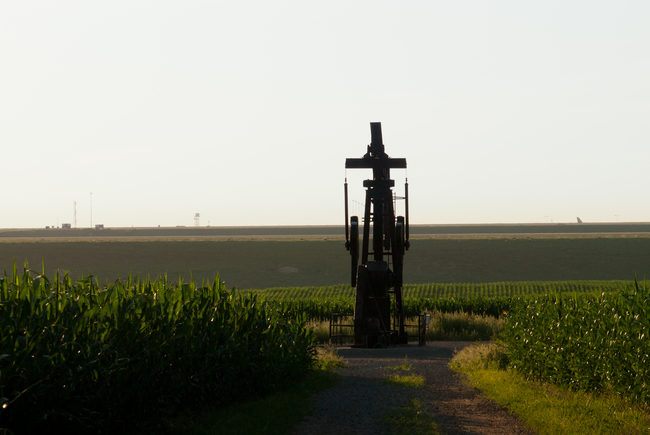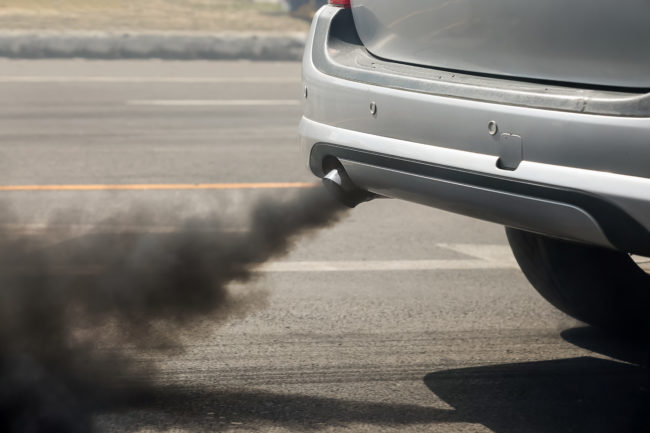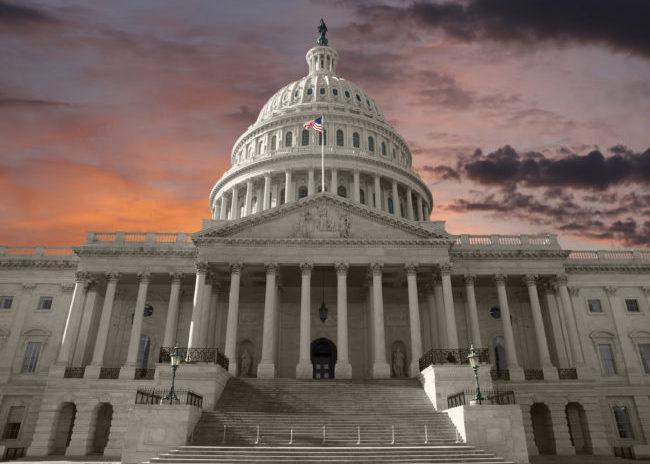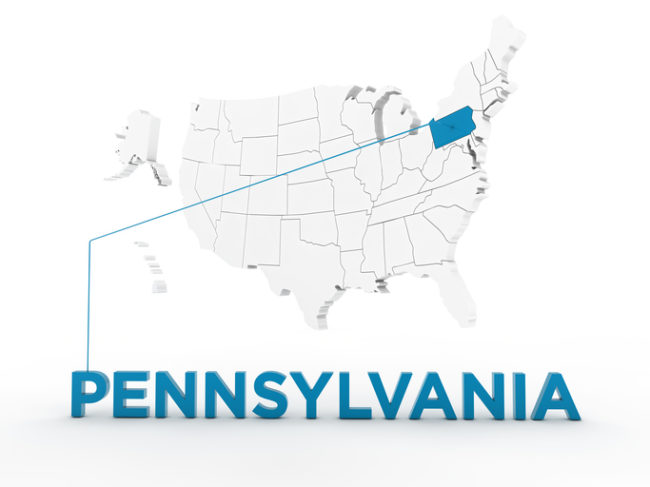The Colorado School of Public Health has released a study, published in the journal Environmental Science & Technology, which claims that people living near oil and gas facilities may be subject to a higher risk of cancer and other diseases.
The study was focused on residents of Colorado’s northern Front Range, an area of Colorado experiencing an increase in both human population and development of oil and gas resources. The researchers took air samples from multiple sites in Northern Colorado at various distances from …
Continue Reading

